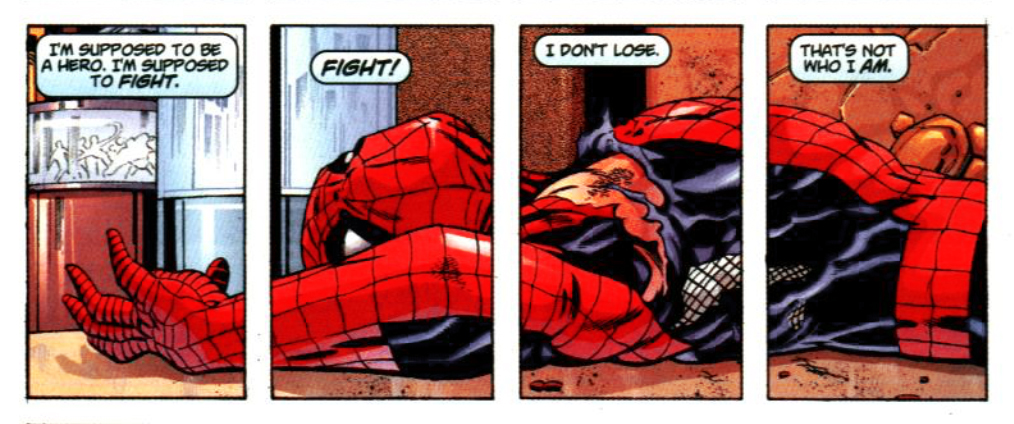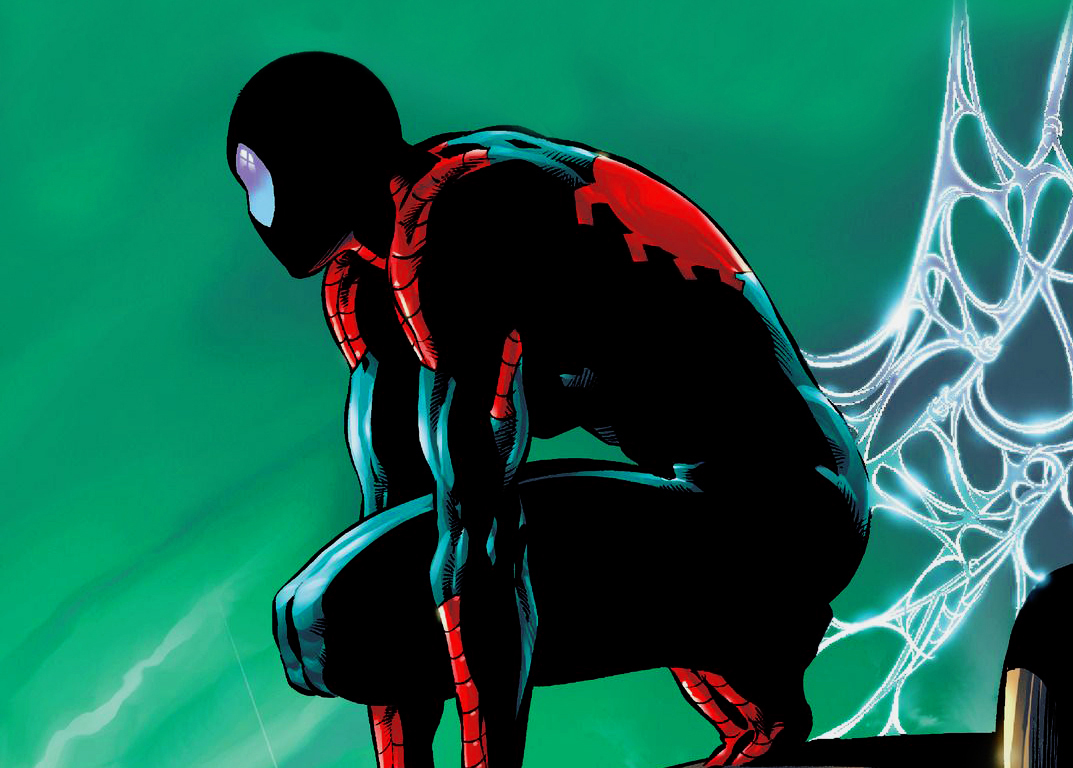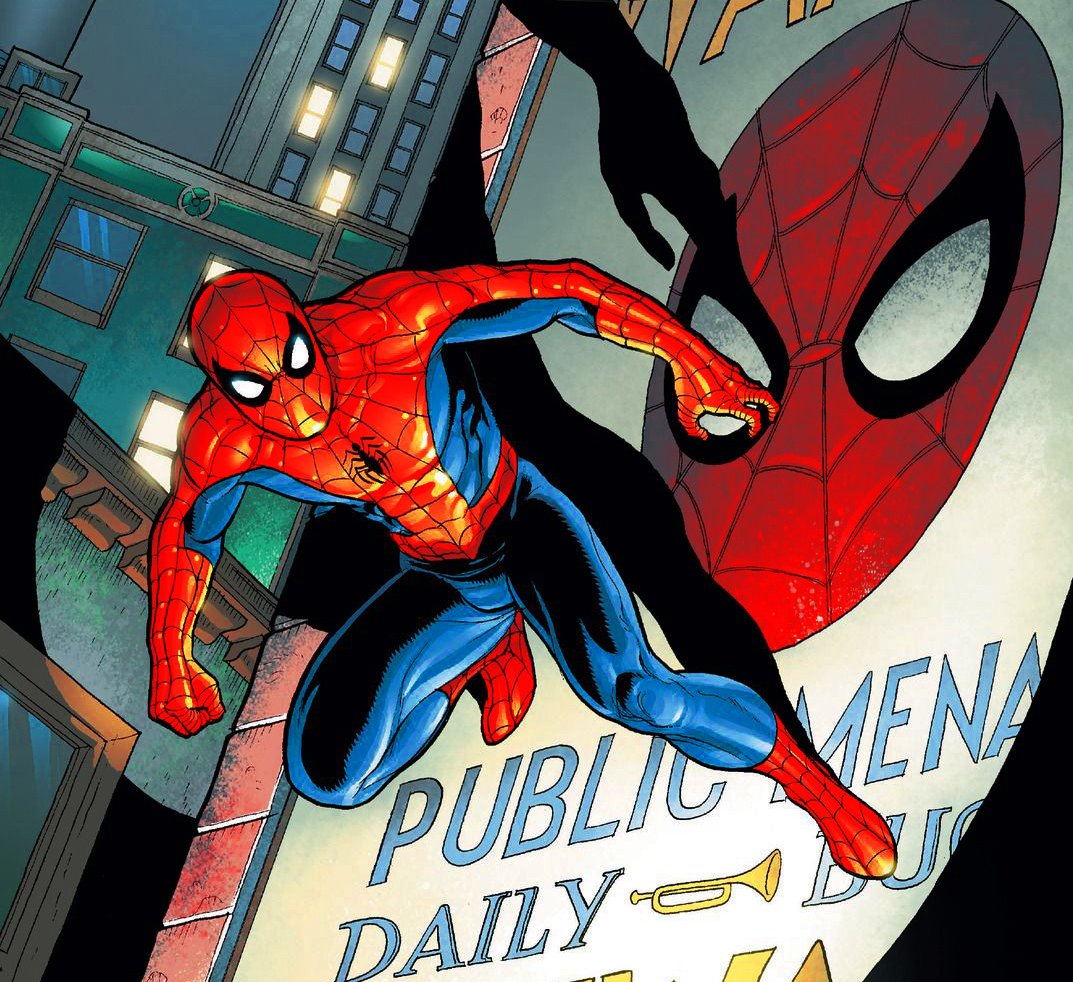We all have heard it at least once in our lives:
“Oh, you like comics? But that’s for kids!”
And so it went during some dates through my early teenage years. Because whenever I was asked about what I like and do in my spare time, my answer was: “I love reading comic books, books, playing music, going to the movies and do sports.”
Unfortunately, that is how the truth can’t be unleashed in the first date; it must be slowly unveiled. It took me years to understand how the technique worked. Sometimes I even got the next worst assumption:
“So you’re a nerd, geek or something like that?”

We all judge and end up being judged, somehow. The human mind needs the mnemonic process to comprehend something (or someone) that is familiar, otherwise, the concept won’t be absorbed. If the concept from someone else is different, the acceptance will not be natural. In order to achieve social survival, I upgraded the answer to: “I love reading, playing music, going to the movies, and do sports.”
Evolve or die.
Adulthood arrives. Then, I meet this girl. We had dinner. The usual questions were exchanged until I gave the same upgraded answer. She asks me back:
“Do you like comic books?”
She didn’t have to read Batman to come to this conclusion, because the t-shirt underneath my shirt showed Spider-Man’s head and torso – from the Amazing Fantasy #15 cover. If growing up with superhero comics ever taught me anything at all, the truth serves justice. And it’s worth telling. What the hell.
“Yes, I do. This t-shirt is not only for show.” – I said without flinching. To which she replied:
“Cool, why?”
System failure. We lost cabin pressure. This is not a drill. Defcon 7. Now loading, please wait. We’ve entered uncharted territory.
Never before, no one had pushed the subject so far. In that moment, because of my passion for comic books and other stuff, I learned we can also be defined by the things we Love.
Still, not an easy, neither simple question to answer. For everything in the Universe, there´s a reason or explanation. From that principle, the question demands another one:
 Why comics?
Why comics?
Its technical aspects as a medium are enough to create great studies, such as the unparalleled Understanding Comics from Scott McCloud. At first sight, a comic is something that contains words, visual art, and color; as a raw concept, it doesn’t get any better than that, because it merges all at once. The perfect sum of all parts for those who appreciate storytelling.
But deep down for myself, and in the heart of many others, it boils down to one reason alone:
Because of Spider-Man.
There’s this common saying that the books we read choose us. Given the human nature of emotions and our how collective consciousness is perceived and represented through many forms of storytelling, it’s no wonder that half of the world has read The Lord of The Rings, from J.R.R Tolkien; every personality trait the human heart is capable of conceiving is contained there. Hence its appeal as one of the greatest stories ever told.
I believe the same can be told about comic books; if we open our minds and hearts to the format, a comic book will choose us.

From a cultural perspective, whether we accept it or not, this is an age of modern mythology. Just like ancient times, humanity still has the need to absorb stories; and if necessary, to create new deities – also known as superheroes. They inhabit the realm called pop culture. We gather at big halls to celebrate, discuss, and exchange our personal experiences from their fictional existence and tales of their deeds. Our rituals remain the same; we only name them differently.
Joseph Campbell, in The Power of The Myth, provides further analysis:
“Myth basically serves four functions.
The first is the mystical function: realizing what a wonder the universe is, and what a wonder you are, and experiencing awe before this mystery;
The second is a cosmological dimension: the dimension with which science is concerned – showing you what shape the universe is, but showing it in such a way that the mystery again comes through;
The third function is the sociological one – supporting and validating a certain social order… It is the sociological function of myth that has taken over in our world – and it is out of date;
But there is a fourth function of myth, and this is the one that I think everyone must try today to relate to – and that is the pedagogical function, of how to live a human lifetime under any circumstances.”
In superhero comics, all four functions can be found in their stories. It’s no wonder that they (still) spearhead the sales in the comic book market and are dominating the cinematographic landscape as well. Once in a while, they are able to teach us one thing or another about moral values. And there´s nothing wrong with that.
So history repeats itself: their tales of altruism and self-sacrifice are nothing different from the myths of old when mythology was truly considered as a means to teach humanity the moral responsibilities in life by comparison. Fictional stories, regardless of their format and genre, are inherently a human need. The purpose of mythology is to teach by example.

And therein lies the beauty of comic books by their own simplicity: this very affordable visual media made of paper can tell any conceivable story: action, romance, history, fantasy, science-fiction and beyond – limited only by the imagination of the artists and writers behind it. This is an art as a sequence – with a story behind it.
It´s important to reiterate that, when it comes down superheroes, two kids from Cleveland, Ohio changed the planet’s cultural landscape forever in 1938. Through their creation, they infused in the early 20th century the very mythological superhero, who not descended from the heavens, but from another planet. This ultimate fictional immigrant who also happened to be the most powerful being on earth, had powers and abilities would be second to none. And just like most of the deities throughout millennial history destined to save mankind, this character also drew his powers from the Sun.
Their creation did not come in a form of a novel, or through a new version of the bible; but through a comic book, as the medium was still gearing up to establish itself in the market. After Superman, nothing would ever be the same.
The second coming of superhero comic books in modern society came in 1961, through a story of a family who went to space to explore a cosmic phenomenon and returned with powers that emulated the four elements of the planet; then, they decide to use them in the favor of mankind. Their adventures were not based in crime-fighting, but against threats originated from different cosmic sources and science in many levels – from geographic to cosmic, antagonists with ideas to change conscious thinking or weapons designed to slave or exterminate human society in a large scale. The concepts were defying, the art was exquisite and filled with energy; the dialogue required a second reading. A new standard comic book storytelling had been set. For more than one hundred issues everything in it was fantastic.
Youngsters and adults alike felt they were constantly learning and discovering things, just like from the Uncle Scrooge comics by Carl Barks.
But the second renaissance of the modern superhero myth was published shortly, in the last issue of a comic book from the same company, published on August 10th, 1962.
Within only ten pages, this comic showcased a common teenager, raised by his uncle and aunt, who gets bitten by an irradiated Spider and is bequeathed with great powers, later learning through the hardest way how to use them with responsibility. The comic was canceled, but the fandom response from it was immense.

Months later, this teenager superhero gets his own title. Against all the trends at the time of his publishing, he was not designed to become a sidekick; he had to grow up fast, and deal with life as an adult, in order to always make it up to others what he ignored to do for himself, he fights crime and all forms of evil, whatever they may be. He watches and protects his neighbors from above, swinging with his web among buildings, doing what people only dream of doing, and able to say whatever he wishes to. He mocks his antagonists. And though he fails in some of his actions, he never gives up because he knows exactly what is at stake – the preciousness of human life, and doing what is always morally right.
His psychological fuel for selflessness relies in guilt; he burdens himself with moral and responsibility. Without his uniform, he remains cautious and in control. Once under the mask, he unleashes the guilt and is free to even joke about himself and his unrewarding deeds; he’s free. Ironically, he names himself as a “man” – Spider-Man.
Hence the importance of Peter Parker as the most inherently human of all superheroes and how he reasonably fits Joseph Campbell’s fourth function of the myth.
I tried to make Superman my favorite character, I really did; but being a kid, no matter how much I tried, he was this infallible adult, always up in the sky, looking down on us – as the demigods from greek mythology or even the ones from The Bible I used to learn from. To this day he is still up there.
Because of his near invulnerability, it’s hard to conceive the idea that he sacrifices himself for humanity. To me, he is inspirational, but not relatable. But not Peter; with or without the mask, I believe we would have a chat on the same level. Then I would tell him how lucky he must be and he would for sure laugh at my face.
Because his co-creator – Steve Ditko – had one divergent concept from everything else that came before: through Peter Parker, Ditko set up to show to the rest of the world the downside of being a superhero and how a regular guy bestowed with amazing powers would react; he would often have the opportunity to walk amongst gods and fight alongside them. But that wouldn´t change his personality.
Peter Parker, as a character, is incredibly human. Like most of us, he makes mistakes; he is flawed and his learning curve is endless. As a young man, he fails miserably with his women, to pay his bills, to keep up with appointments, his response in the face of inevitability. The beauty lies in how we, also flawed people, see ourselves in him.
That´s how the concept of mythology in mankind also works for us through him. And yet, it´s a personal connection. Each one of us, through generations, sees some aspects – parts of ourselves within him. We interpret him differently; from person to person.
 Even to his writers and artists – because of his human nuances, he´s also open to various interpretations. But the elements which connect us to him, and still remain attractive, are the same that connect any of us to any other person:
Even to his writers and artists – because of his human nuances, he´s also open to various interpretations. But the elements which connect us to him, and still remain attractive, are the same that connect any of us to any other person:
Recognition. Resemblance. Relatability.
And from his stories, though filled with action, suspense, drama, and endless fun, there´s still enough space to offer us reflections about inspiration, altruism, Love, detachment, respect, benevolence, sacrifice and the undying willingness to fight for what is morally right. That is the legacy and strong influence from Peter Parker´s fictitious existence in our lives.
As the world´s current collective consciousness seems more divided than ever in this new century, we are split between ideologies, politics, economics, laws, rights, and systems; we watch acts of terror and destruction.
If real change for the better starts from within, a proper inspiration for inner strength is required. And in times like this, in our hearts, superhero comics might be one of the sources that might help us find the way. I believe in that. There´s no lack of visual icons and stories that offer alternatives – or at least reflections – for difficult problems and situations.

Reading superhero comics is not about escaping from reality. It has never been. It´s a way to reconnect to one of the oldest habits in human nature: to read and tell stories that somehow offer a second perspective to our own existence; that is the unconscious hunger to consume mythology – the need to expand our imagination and creativity and to exercise our taste for visual art, thus discovering new possibilities of expression and storytelling. It´s about having absolute control over a movie that plays only inside your head.
For the ones who are part of this virtual space, Spider-Man is the one who guides us through all of such experiences. He offers us insight, besides a great deal of fun.

Why Spider-Man?
Why not if you are already reading comics? And if those (web)lines were not enough to convince you otherwise, let me tell you that there are fifty-five years of published history ready to be discovered out there. Like many other great cultural manifestations, he stands the test of time.
Why comics?
You have to find out for yourself. But I guarantee you won´t regret it.










@ Lee:
An edit has been made after proof-reading the text myself by reading it out loud.
Thank you so much for your remarks.
And glad you liked it!
Good article. But it needs some serious editing for grammar and errors. Alos try reading your work out loud to see how it sounds. Some of the sentence structure is clumsy and confusing. These isues are spoiling what is an otherwise very good read.
I’ve always said that people who assume comic books are only for kids obviously have very little experience with them. I’d love to see how they would react to a story like “Kraven’s Last Hunt”.